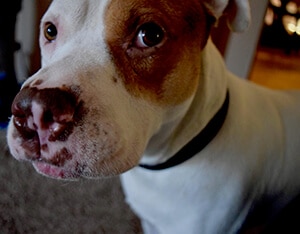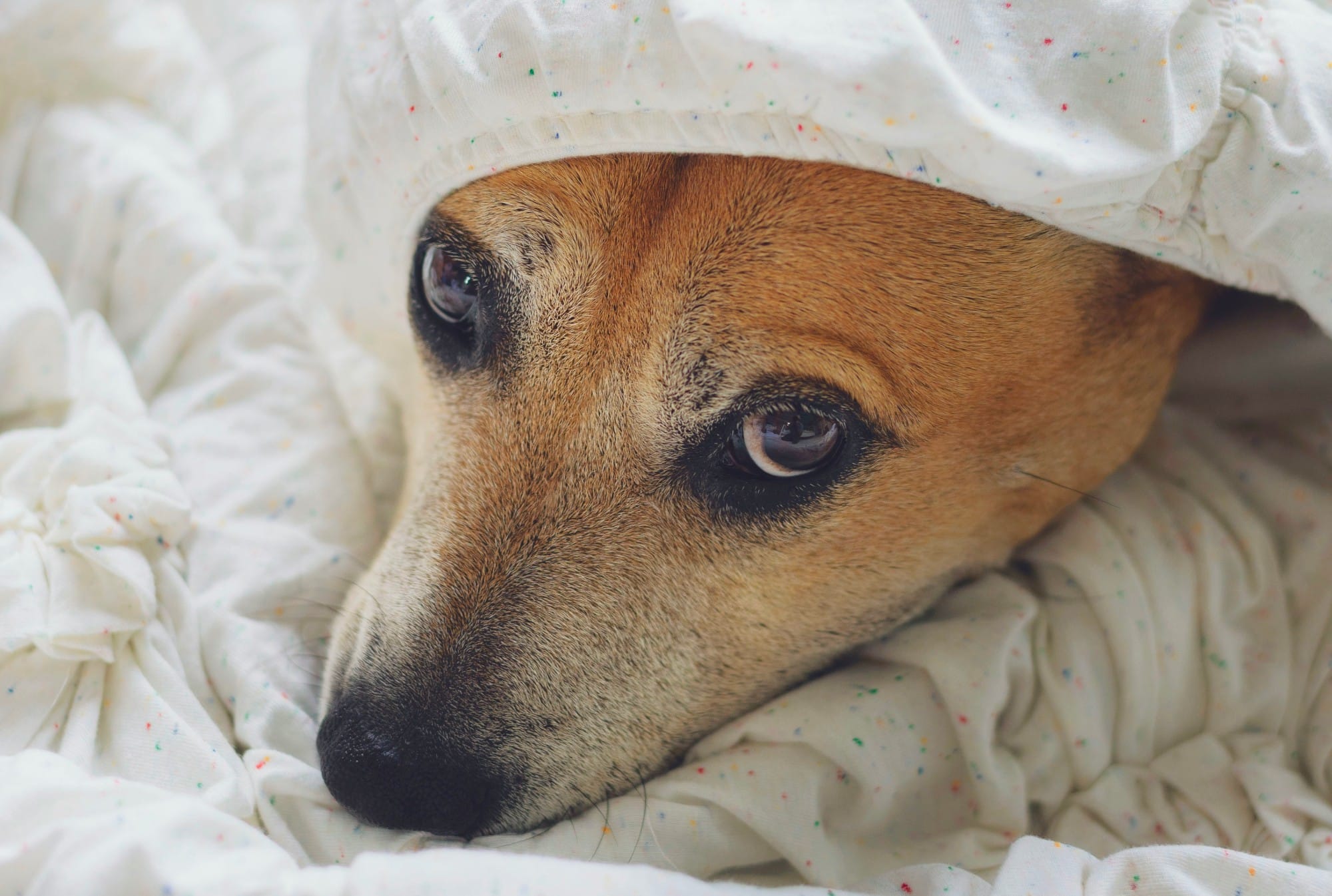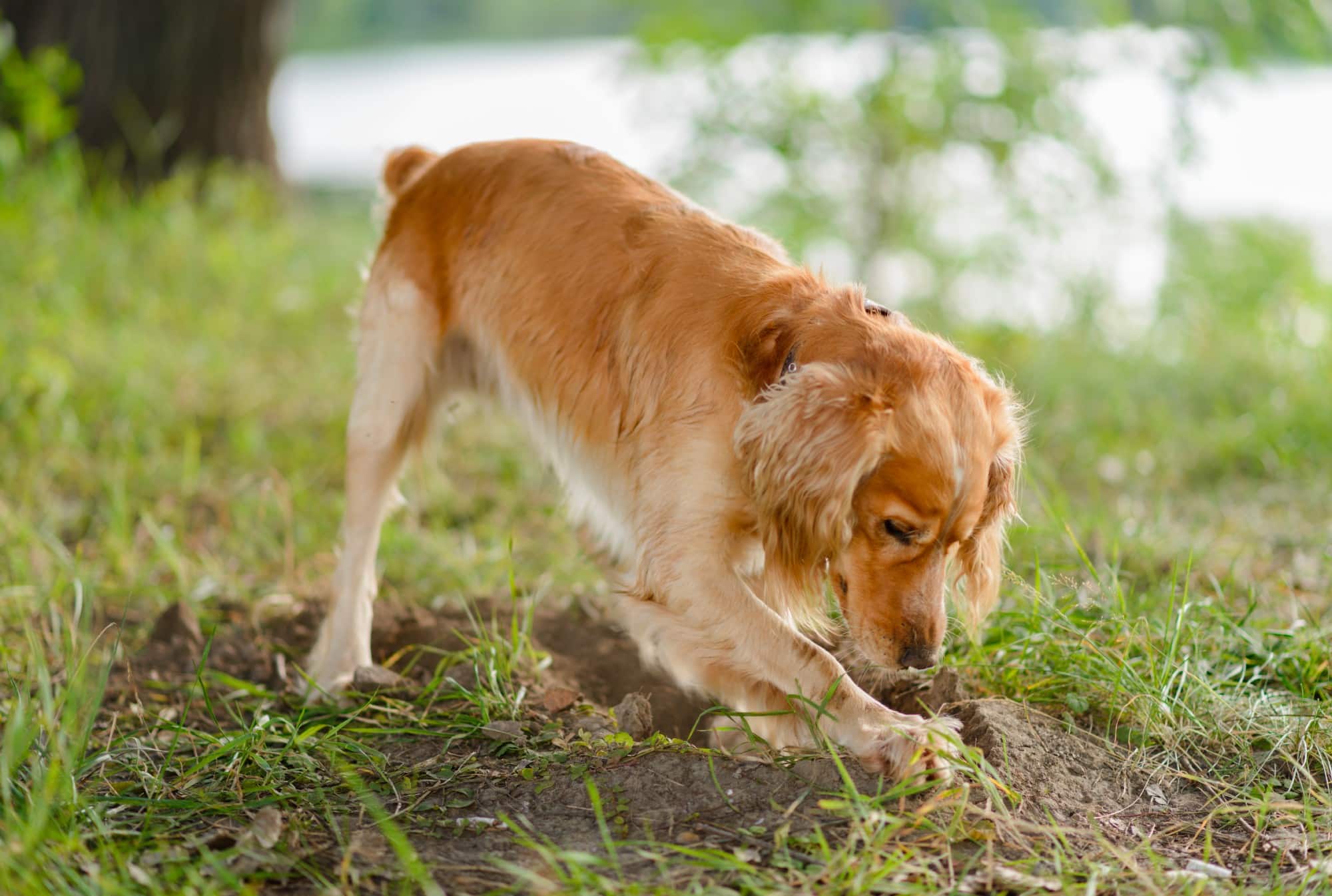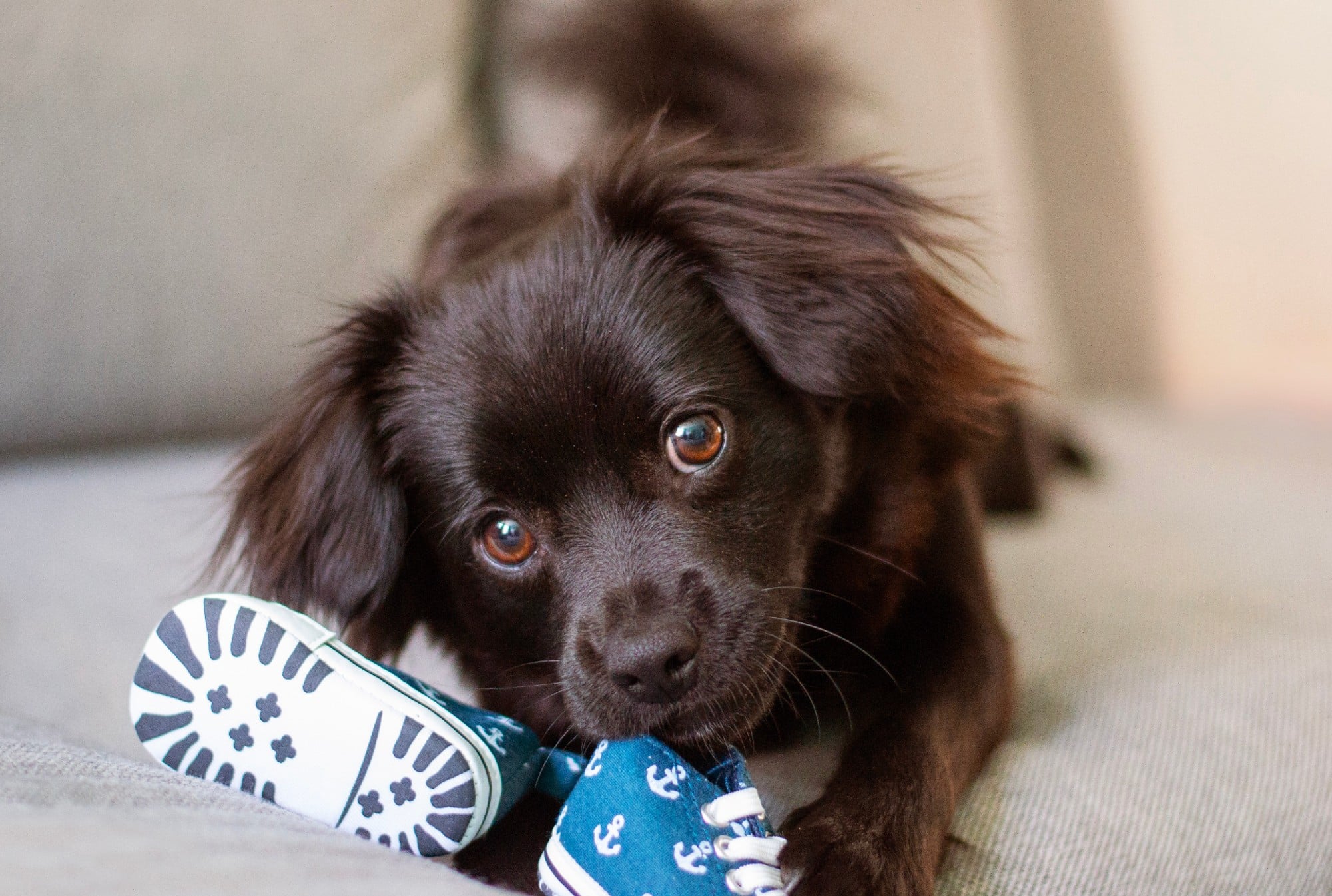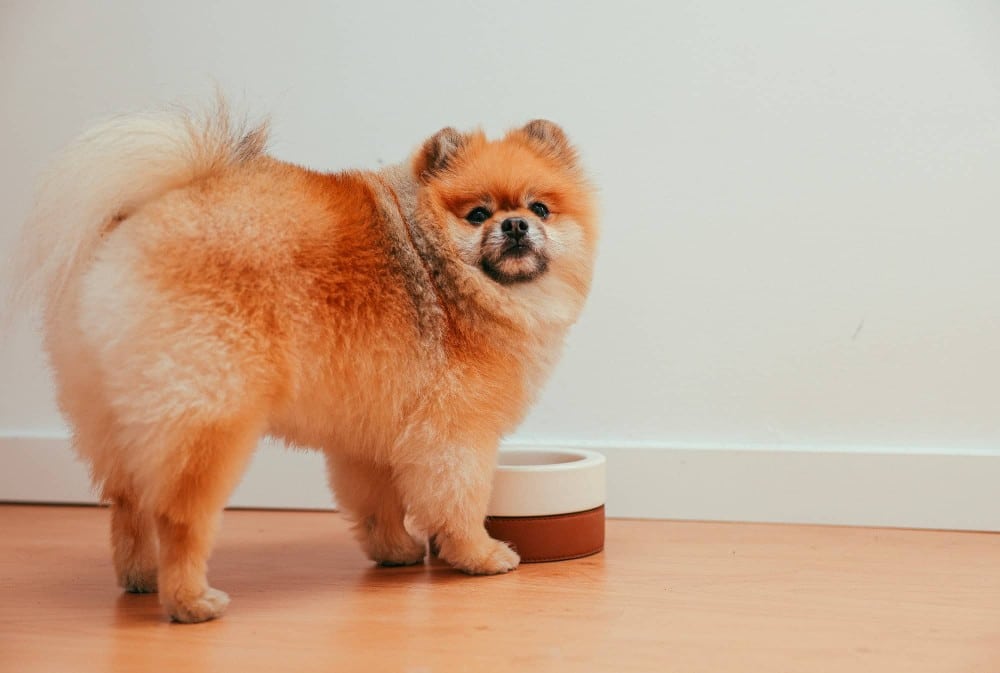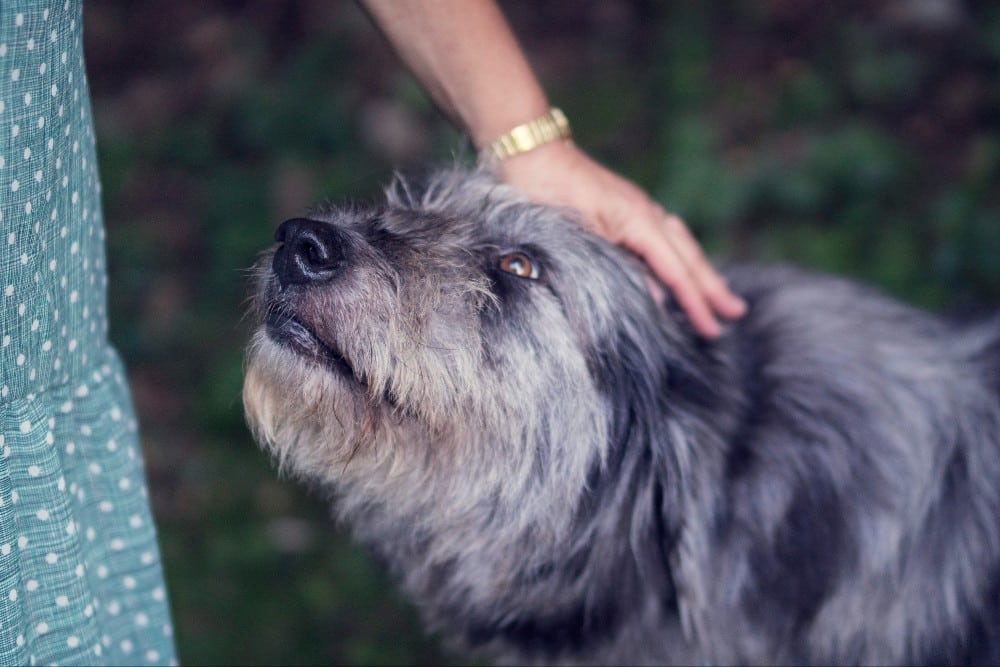Dogs are companion animals, and just like us, they can sometimes feel depressed and out of sorts.
They can feel down for a number of reasons, including experiencing a major change — including a big move or welcoming a new baby to the household — to not getting enough exercise or being fed a poor diet. They can even mirror when we may be feeling down, or stressed.
While depression is not always detectable, there are a few signs that your dog could be feeling down in the dumps.
Related: Duck Waddles His Way Into Severely Depressed Dog’s Heart
Here are five signs your dog may be depressed and how to help her.
1. Loss of Interest
If your pup is becoming withdrawn and not interacting with the family or other dogs as he once did, your dog may be feeling down.
The fix: To help get him out of the rut, consider engaging your dog with constructive playtime and training games to help him focus. This can help improve his overall mood and self-esteem.
“Training games can range from fetch to fetch-tug, and a whole range of games in between designed to boost a dog’s confidence and skill set,” says dog trainer and behavior consultant Alexandra Bassett.
2. Change in Sleeping Habits
If your dog is depressed, you may notice changes in her sleeping habits. Your pup might be sleeping more than usual during the day or for longer periods of time at night. On the flip side, she may not be sleeping at all, and may be awake more often and throughout the night.
The fix: There are a number of holistic and natural remedies on the market that can help your dog manage depression and improve their sleeping habits.
“Treatment for depression can include medications to decrease anxiety, CBD oils or treats and flower essences,” says Dr. Judy Morgan. “As CBD becomes increasingly popular for its health benefits, dogs may also experience depression-decreasing mental health effects.
You can also try anxiety-type blankets, soothing music, or if your dog sleeps in a crate, moving it closer to your bed, so she can see you. Another option, is just to be there for her. If she is sleeping too much, try to engage her with activities, belly rubs or simply petting her.
3. Decrease in Appetite
Depression affects more than just energy levels; it can negatively impact appetite. If your dog loves to eat but lately has been leaving leftovers in his bowl, and your vet hasn’t uncovered any physical health problems, he could be facing mental health issues.
The fix: Consider changing things up. “A balanced diet rich in protein, fiber, vitamins and minerals can help boost mood and improve overall health,” says Bassett. “Check the ingredients on your dog’s food and talk to your vet about the best diet for your dog’s overall health and wellness.”
There are also food toppers out there, which may entice your dog to eat, or breaking up his favorite treat to add to the dog food could help, too.
4. Compulsive Behavior
When dogs are depressed, they may turn to compulsive behavior to distract them. Some common activities include excessive licking, biting at the skin, barking, whining and pacing.
Related: Puppy Kisses Help Heal Depressed Dog
The fix: It is important to rule out any medical issues, like allergies. Once it is deemed a behavioral issue, your vet may prescribe medication. She may also suggest managing the compulsive behavior through exercise and play, which not only helps focus your dog’s nervous energy but can also improve the bond you share with your best friend.
“One of the best ways to solve depression is by taking a dog into nature and allowing her to explore the environment via sniffing and play,” says Bassett.
5. Major Shift in Everyday Behavior
Some dogs may have a change in behavior from a docile personality to one that’s aggressive and destructive. They begin chewing on furniture, digging holes in the yard or continually scratching at doors.
The fix: Your vet may prescribe a combination of medication and suggest an animal behaviorist. Solutions may include getting your dog to chew on appropriate items, like toys; distracting him with other activities, such as walks; or providing additional exercise. It may also be suggested to interact with other dogs who are a bit more comfortable in their own skin.
“It’s a good idea for dog guardians to take their dogs on regular play dates with their friends’ or family’s dogs whose behavior is somewhat predictable and with whom their dog can safely interact on a regular basis,” says Bassett.
While these could be signs of depression, they could also be an indication of a larger medical issue. You should always consult with a professional if your dog experiences major behavioral changes.
Related: Woman Who Lost Both of Her Legs Trains Disabled Puppy to Be a Therapy Dog












